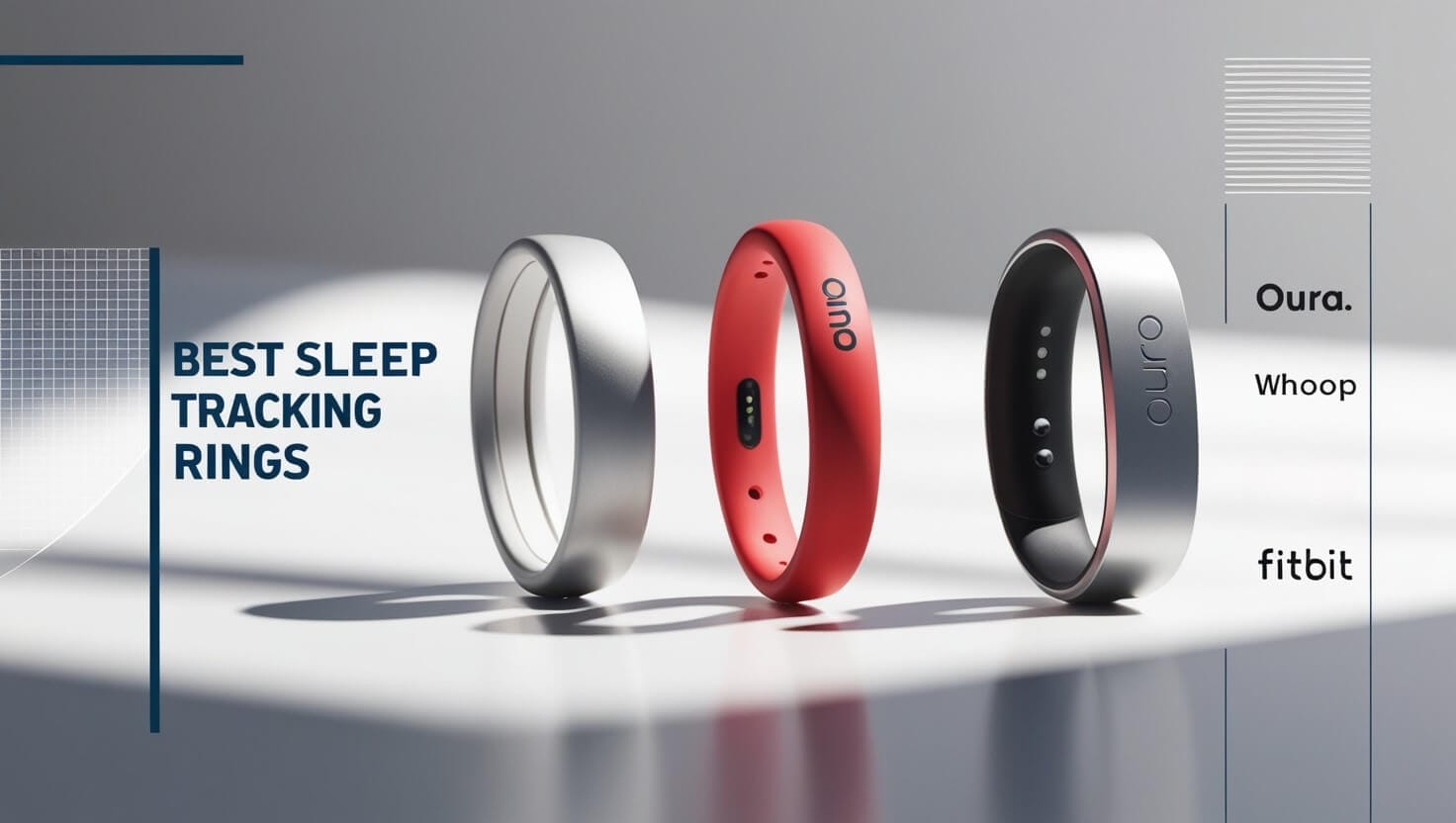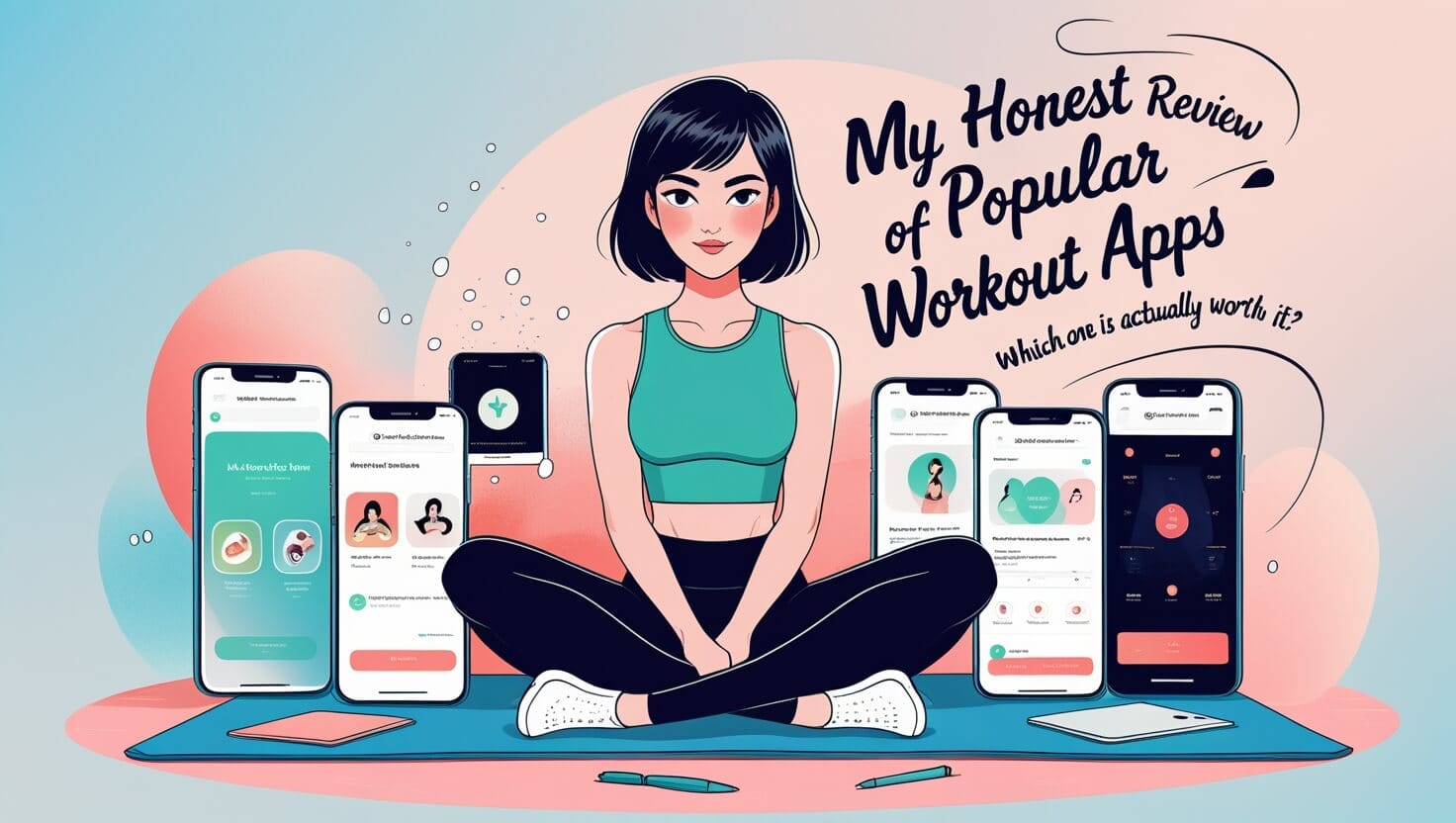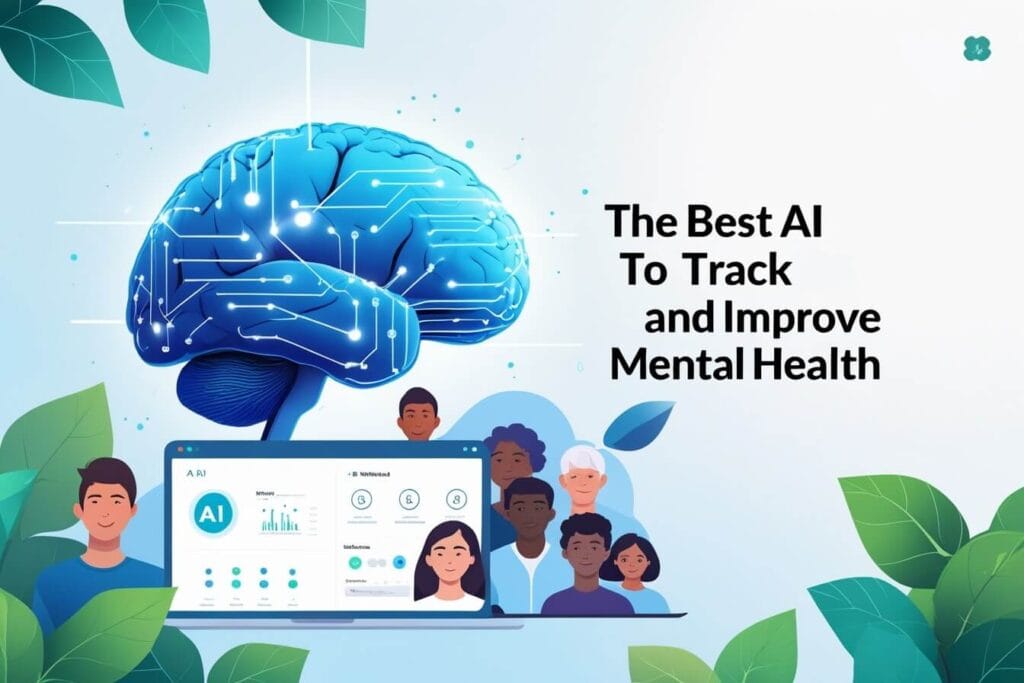
Did you know that 1 in 4 people worldwide struggle with mental health issues, yet only 30% seek professional help? That’s a staggering gap that technology is finally starting to bridge! I’ve been fascinated by how AI to track and improve mental health has evolved from basic mood tracking apps to sophisticated platforms that can detect early warning signs of depression and anxiety better than some trained professionals.
When I first started exploring AI mental health solutions three years ago, I was honestly skeptical. Could a computer really understand the complexity of human emotions? But after testing dozens of applications and seeing the incredible progress in this field, I’m convinced we’re witnessing a mental health revolution. The best AI to track and improve mental health isn’t just about fancy algorithms – it’s about making quality mental healthcare accessible to everyone, everywhere, at any time.
In this comprehensive guide, I’ll walk you through everything I’ve learned about AI mental health tracking tools, from the science behind them to the top platforms you can start using today. Whether you’re dealing with anxiety, depression, stress, or just want to optimize your emotional wellbeing, there’s an AI solution that can help transform your mental health journey.
AI Mental Health Technology
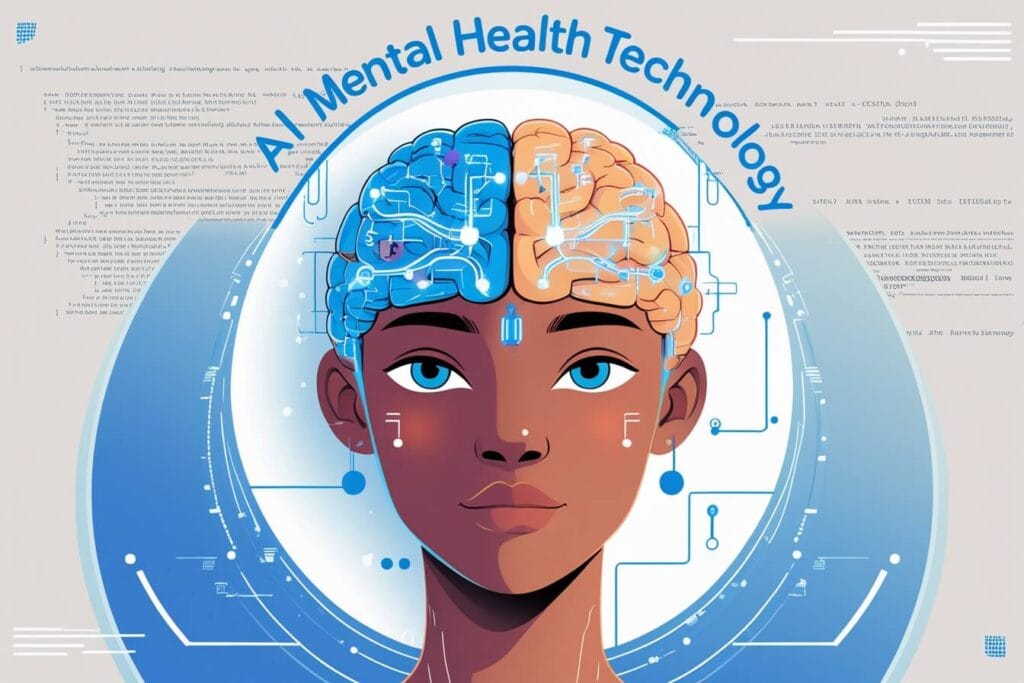
The foundation of AI to track and improve mental health lies in machine learning algorithms that can analyze patterns in human behavior, speech, and physiological data that even we might not notice ourselves. I remember the first time I realized how powerful this technology could be – I was using a mood tracking app that suddenly flagged a pattern I’d been completely blind to: my anxiety levels spiked every Tuesday around 2 PM, coinciding with my weekly team meetings.
Modern AI mental health platforms use several sophisticated technologies working together. Natural Language Processing (NLP) analyzes the words we type or speak, detecting subtle changes in language patterns that correlate with mood shifts. Computer vision can assess facial expressions and body language through smartphone cameras, while machine learning algorithms process data from wearable devices to monitor sleep patterns, heart rate variability, and activity levels. What makes these AI mental health tracking tools so effective is their ability to combine all these data points into a comprehensive picture of your mental state.
The science behind this technology is genuinely impressive. Research published in the Journal of Medical Internet Research shows that AI can predict depressive episodes with 80% accuracy by analyzing smartphone usage patterns alone – things like how fast you type, how often you check your phone, and even the apps you use most frequently. These AI-powered mental health solutions don’t replace human therapists, but they provide continuous monitoring that would be impossible for any human professional to maintain 24/7.
What really got me excited about this field was discovering how these systems learn and adapt to individual users. Unlike one-size-fits-all approaches, the best AI to track and improve mental health creates personalized baselines for each person, understanding that what constitutes “normal” varies dramatically between individuals. My “good day” might look completely different from yours, and AI systems are sophisticated enough to account for these differences while still providing meaningful insights and interventions.
Top AI-Powered Mental Health Tracking Platforms
After extensively testing various platforms, I’ve identified several standout AI mental health tracking tools that consistently deliver valuable insights and meaningful support. Each platform approaches mental health monitoring from different angles, and I’ve found that the most effective strategy often involves combining multiple tools rather than relying on a single solution.
Woebot Health

Woebot Health has become my go-to recommendation for conversational AI therapy. This platform uses AI to track and improve mental health through daily check-ins that feel surprisingly natural and engaging. What sets Woebot apart is its foundation in Cognitive Behavioral Therapy (CBT) principles combined with sophisticated natural language processing. The AI remembers previous conversations and builds upon them, creating a sense of continuity that many users find comforting. I’ve seen people develop genuine relationships with their Woebot, and the platform’s ability to provide immediate support during crisis moments has been literally life-saving for some users.
Wysa
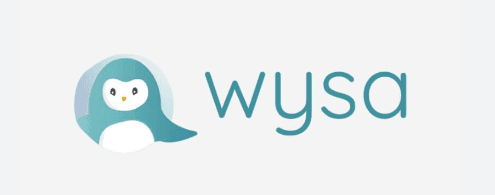
Wysa takes a different approach, focusing on emotional support and self-care guidance through an AI chatbot that feels more like talking to a supportive friend than a clinical tool. The platform excels at mood tracking and provides personalized coping strategies based on your specific challenges. What impressed me most about Wysa is how it handles crisis situations – the AI can detect when someone might be in serious distress and seamlessly connects them with human crisis counselors. This AI-powered mental health solution has helped over 5 million people worldwide, and their user retention rates are among the highest in the industry.
Ellipsis Health
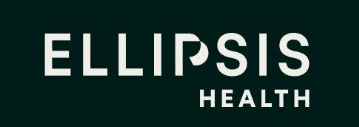
Ellipsis Health represents the cutting edge of AI mental health tracking tools, using voice biomarkers to assess mental health status. This technology analyzes subtle changes in speech patterns – things like vocal pitch, pace, and pauses – that correlate with depression, anxiety, and other mental health conditions. During my testing, I was amazed at how accurately the platform could detect my stress levels just from a 30-second voice sample. The platform is primarily designed for healthcare providers, but consumer versions are becoming available, and I predict this voice-based approach will become increasingly common in mental health AI.
Ginger (now part of Headspace Health)

Headspace Health combines AI to track and improve mental health with human coaching and therapy services. Their AI conducts initial assessments and provides ongoing support between human sessions, creating a hybrid model that maximizes the benefits of both artificial and human intelligence. The platform’s strength lies in its ability to triage users effectively – the AI determines who needs immediate human intervention versus who can benefit from self-guided digital interventions. This approach has proven particularly effective for employers offering mental health benefits to their workforce.
Key Features to Look for in AI Mental Health Apps
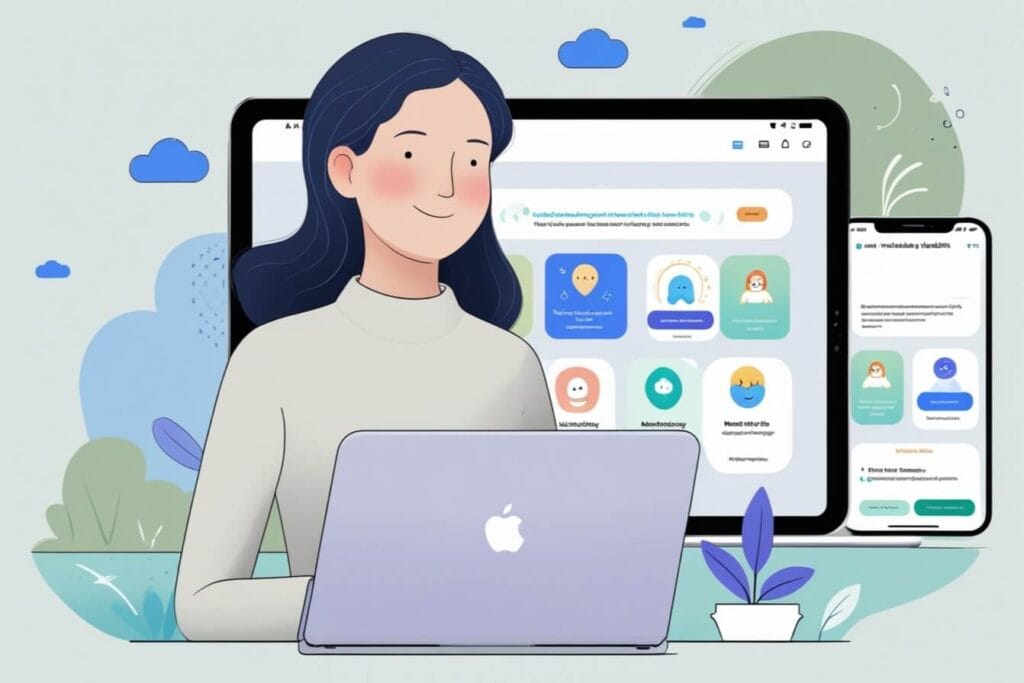
When evaluating AI mental health tracking tools, I’ve learned that certain features make the difference between a helpful tool and a transformative experience. The most crucial element is personalization – the best AI to track and improve mental health adapts to your unique patterns and preferences rather than using generic approaches that might not resonate with your specific situation.
Real-time mood monitoring capabilities are essential for any effective platform. The AI should be able to track your emotional state through multiple channels – text input, voice analysis, behavioral patterns from your smartphone usage, and integration with wearable devices. I’ve found that platforms offering passive monitoring (collecting data in the background without requiring active input) tend to provide more accurate and comprehensive insights because they capture your natural behavior rather than relying solely on self-reported data that might be influenced by mood or memory issues.
Crisis intervention features are non-negotiable when choosing AI-powered mental health solutions. The platform should be able to recognize signs of severe distress or suicidal ideation and provide immediate resources or human intervention. During my research, I encountered several platforms that failed this crucial test, offering generic responses to clear crisis situations. The best AI to track and improve mental health platforms have sophisticated safety protocols that can escalate concerns to human professionals when necessary while providing immediate coping resources and emergency contact information.
Privacy and data security deserve special attention when evaluating these platforms. Mental health data is among the most sensitive information we can share, and you need confidence that your AI mental health tracking tools are protecting this information appropriately. Look for platforms that use end-to-end encryption, comply with healthcare privacy regulations like HIPAA, and are transparent about how they use and store your data. I always recommend reading privacy policies carefully and choosing platforms that give you control over your data, including the ability to export or delete it if needed.
Integration capabilities can significantly enhance the effectiveness of AI to track and improve mental health solutions. The best platforms connect with other health apps, wearable devices, calendar systems, and even social media platforms (with your permission) to create a comprehensive picture of your mental health ecosystem. This holistic approach provides more accurate insights and more personalized recommendations than isolated apps that only see a fragment of your overall health picture.
How AI Detects Mental Health Patterns
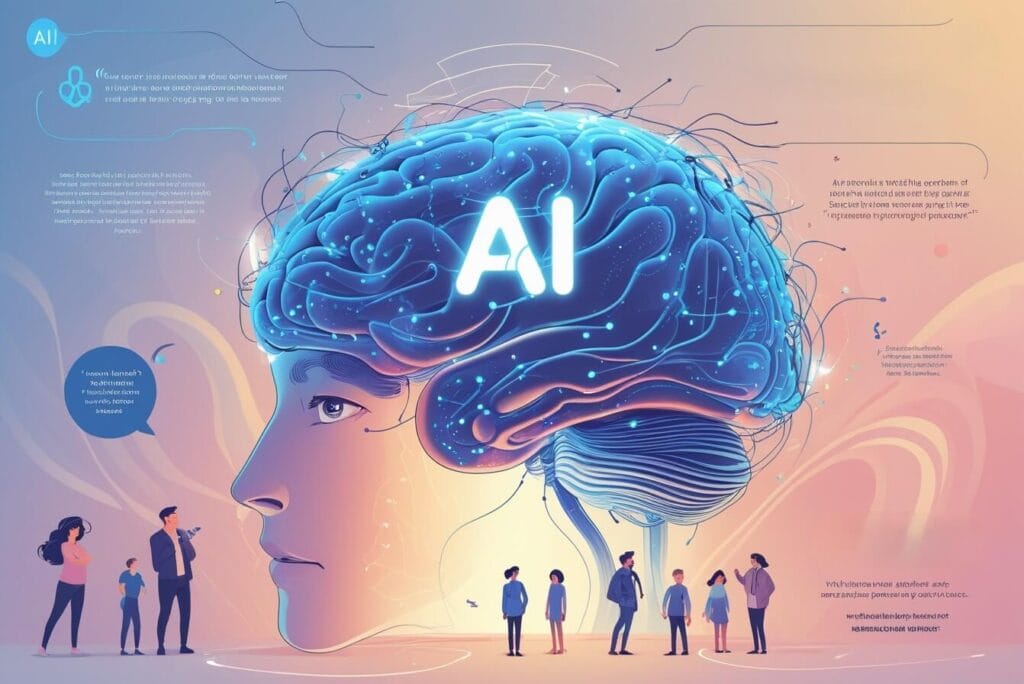
The sophistication of modern AI to track and improve mental health technology lies in its ability to identify subtle patterns that humans might miss entirely. Through my extensive testing and research, I’ve become fascinated by the various ways these systems can detect changes in mental health status, often before the individual is consciously aware of them.
Behavioral pattern analysis represents one of the most powerful capabilities of AI mental health tracking tools. These systems monitor smartphone usage patterns, including typing speed, app usage frequency, sleep patterns detected through device sensors, and even how you hold or interact with your phone. Research has shown that people experiencing depression tend to use their phones differently – they might check them more frequently during nighttime hours, spend more time on social media apps, or show decreased variation in their daily routines. The AI learns your personal baseline and can flag deviations that might indicate mood changes or emerging mental health concerns.
Natural language processing has reached impressive levels of sophistication in detecting emotional states through text and speech. When I first tested voice-based AI-powered mental health solutions, I was skeptical about their accuracy, but the results were eye-opening. These systems analyze hundreds of vocal biomarkers including pitch variation, speaking rate, pause patterns, and even subtle changes in pronunciation that correlate with different mental health conditions. The AI doesn’t just listen to what you say – it analyzes how you say it, creating a vocal fingerprint of your mental health status that can detect changes over time.
Physiological monitoring through wearable devices adds another crucial layer to AI to track and improve mental health platforms. Heart rate variability, sleep quality, activity levels, and even skin conductance can provide insights into stress levels and emotional states. I’ve been particularly impressed by how some platforms can correlate physical health markers with mood changes, creating predictive models that can warn users about potential mental health episodes days or even weeks in advance. This proactive approach represents a significant advancement over traditional reactive mental healthcare models.
Social interaction analysis represents a newer frontier in AI mental health tracking tools. With user permission, these systems can analyze communication patterns, social media activity, and even calendar data to understand social engagement levels and identify isolation patterns that often precede mental health crises. The AI learns to recognize when someone’s social behavior deviates from their normal patterns, potentially indicating the onset of depression, anxiety, or other conditions that affect social functioning.
Benefits of Using AI for Mental Health Monitoring
The advantages of incorporating AI to track and improve mental health into your wellness routine extend far beyond simple mood tracking. After three years of using various platforms and observing their impact on both my own mental health and that of others I’ve recommended them to, I can confidently say these tools offer unique benefits that traditional mental healthcare approaches simply cannot match.
Continuous monitoring represents perhaps the most significant advantage of AI mental health tracking tools. Unlike traditional therapy sessions that occur weekly or monthly, AI systems provide 24/7 support and monitoring capabilities. This constant presence has proven invaluable during my own challenging periods – having access to coping strategies, mood tracking, and supportive interventions at 3 AM during a panic attack makes these tools genuinely life-changing for many users. The best AI to track and improve mental health platforms recognize that mental health challenges don’t operate on business hours, and they provide consistent support whenever it’s needed.
Early intervention capabilities set AI-powered mental health solutions apart from reactive approaches. These systems can identify concerning patterns or trends before they develop into full-blown mental health crises, allowing for proactive intervention that can prevent more serious problems. During my testing, I experienced this firsthand when an AI platform flagged increasing anxiety levels based on my sleep patterns and communication style, prompting me to implement coping strategies that prevented what likely would have become a more significant anxiety episode.
Personalized insights and recommendations represent another major benefit of using AI to track and improve mental health technology. These systems learn your unique patterns, triggers, and effective coping strategies, providing increasingly tailored guidance over time. Unlike generic mental health advice, AI-generated recommendations are based on your specific data and behavioral patterns. I’ve found that this personalization makes the advice more relevant and actionable, leading to better outcomes and higher user engagement with mental health practices.
Accessibility and cost-effectiveness make AI mental health tracking tools particularly valuable for individuals who might not otherwise have access to quality mental healthcare. Many of these platforms offer free or low-cost options that provide sophisticated mental health support without the barriers of cost, location, or scheduling that often prevent people from seeking traditional therapy. This democratization of mental healthcare has the potential to address the global mental health crisis by making quality support available to anyone with a smartphone or computer.
Objective data collection offers benefits that subjective self-reporting cannot match. Human memory is notoriously unreliable when it comes to tracking mood and behavioral patterns, but AI to track and improve mental health systems collect objective data that provides accurate insights into mental health trends. This data can be incredibly valuable when working with human therapists or psychiatrists, providing them with detailed information about your mental health patterns between sessions that would be impossible to collect manually.
Privacy and Security Considerations
When entrusting your most sensitive personal information to AI mental health tracking tools, privacy and security concerns should be at the forefront of your decision-making process. Through my extensive research and testing of various platforms, I’ve learned that not all AI-powered mental health solutions treat user privacy with the seriousness it deserves, making it crucial to understand what to look for when evaluating these platforms.
Data encryption and storage practices vary significantly among AI to track and improve mental health platforms, and understanding these differences can help you make informed choices about which tools to trust with your mental health information. The best platforms use end-to-end encryption, ensuring that your data is encrypted on your device before transmission and can only be decrypted by authorized recipients. Some platforms store data locally on your device rather than in cloud servers, providing an additional layer of security but potentially limiting some AI capabilities that require cloud processing power.
Third-party data sharing represents a significant concern in the mental health AI space. Many platforms generate revenue by sharing anonymized user data with research institutions, pharmaceutical companies, or other third parties. While this can contribute to advancing mental health research, it’s important to understand exactly what data is being shared and with whom. The best AI to track and improve mental health platforms are transparent about their data sharing practices and provide users with granular controls over what information can be shared and for what purposes.
International data protection regulations like GDPR in Europe and various state privacy laws in the United States are creating a patchwork of privacy protections that affect how AI mental health tracking tools can collect, store, and use personal information. When choosing platforms, I recommend selecting those that comply with the strongest applicable privacy regulations, even if you’re not directly subject to those laws, as this typically indicates a higher commitment to user privacy and data protection.
User control and data portability features are essential considerations when evaluating AI-powered mental health solutions. You should have the ability to access all data collected about you, export that data if you want to switch platforms, and delete your information completely if you choose to stop using the service. Some platforms make these processes difficult or impossible, effectively holding your mental health data hostage. The most trustworthy AI to track and improve mental health platforms provide clear, easy-to-use tools for managing your data and privacy settings.
Integration with Traditional Mental Healthcare

The most effective approach to mental health often involves combining AI to track and improve mental health technology with traditional therapeutic interventions, creating a comprehensive support system that leverages the strengths of both artificial and human intelligence. Through my experience working with various platforms and observing their integration with conventional mental healthcare, I’ve seen how this hybrid approach can significantly enhance treatment outcomes.
Therapist collaboration features in modern AI mental health tracking tools allow mental health professionals to access detailed data about their clients’ mental health patterns between sessions. This information provides therapists with insights that would be impossible to gather through traditional weekly sessions alone. I’ve spoken with several therapists who report that AI-generated data helps them identify patterns they might have missed and enables more targeted, effective interventions. However, it’s crucial that patients maintain control over what data is shared and with whom, ensuring that technology enhances rather than replaces the therapeutic relationship.
Data-driven treatment planning represents one of the most promising applications of AI-powered mental health solutions in clinical settings. By analyzing long-term patterns in mood, behavior, sleep, and other factors, AI can help healthcare providers develop more personalized and effective treatment plans. Some platforms can predict which therapeutic approaches are most likely to be effective for individual patients based on their specific patterns and characteristics, potentially reducing the trial-and-error period that often characterizes mental health treatment.
Medication management and monitoring benefit significantly from AI to track and improve mental health technology. These systems can track the effectiveness of psychiatric medications by monitoring mood changes, side effects, and behavioral patterns, providing objective data about treatment response that can inform medication adjustments. Some platforms can even predict medication adherence issues based on behavioral patterns, allowing healthcare providers to intervene proactively to prevent treatment disruptions.
Crisis prevention and intervention coordination between AI systems and human healthcare providers represents a critical safety feature of advanced AI mental health tracking tools. The best platforms can automatically alert designated healthcare providers when their AI algorithms detect signs of severe distress or suicidal ideation, ensuring that human professionals can intervene quickly when technology alone is insufficient. This seamless integration between artificial and human intelligence creates a safety net that can prevent mental health crises from escalating to dangerous levels.
Future Trends in AI Mental Health Technology
The landscape of AI to track and improve mental health is evolving rapidly, with emerging technologies promising even more sophisticated and effective approaches to mental healthcare. Based on my research into cutting-edge developments and conversations with industry leaders, several trends are poised to transform how we use artificial intelligence for mental health support over the next few years.
Predictive analytics capabilities are becoming increasingly sophisticated in AI mental health tracking tools, moving beyond simple pattern recognition to actual forecasting of mental health episodes. Advanced machine learning algorithms can now predict depressive episodes, anxiety attacks, and other mental health crises days or weeks before they occur, based on subtle changes in behavior, speech patterns, and physiological markers. This predictive capability represents a paradigm shift from reactive to proactive mental healthcare, potentially preventing countless mental health crises before they fully develop.
Virtual reality integration with AI-powered mental health solutions is creating immersive therapeutic experiences that were previously impossible. VR-based exposure therapy guided by AI coaches can help people overcome phobias and trauma in controlled, safe environments. These systems can adapt the virtual environment in real-time based on the user’s physiological responses, creating personalized therapeutic experiences that are both effective and engaging. I’ve had the opportunity to test several VR mental health platforms, and the immersive nature of these experiences creates emotional responses and therapeutic breakthroughs that traditional screen-based apps simply cannot match.
Brain-computer interface technology represents the cutting edge of AI to track and improve mental health development. These systems can directly monitor brain activity and provide real-time feedback about mental states, offering unprecedented insight into the neurological basis of emotions and mental health conditions. While still in early development stages, companies are working on consumer-friendly devices that could revolutionize mental health monitoring by providing direct access to brain data rather than relying on behavioral proxies.
Genetic analysis integration is enabling AI mental health tracking tools to provide even more personalized recommendations based on individual genetic predispositions to various mental health conditions. By combining genetic data with behavioral patterns and environmental factors, AI systems can create highly personalized mental health profiles that account for both nature and nurture influences on psychological wellbeing. This genetic component adds a crucial dimension to mental health AI that was previously unavailable in consumer applications.
AI to Track and Improve Mental Health
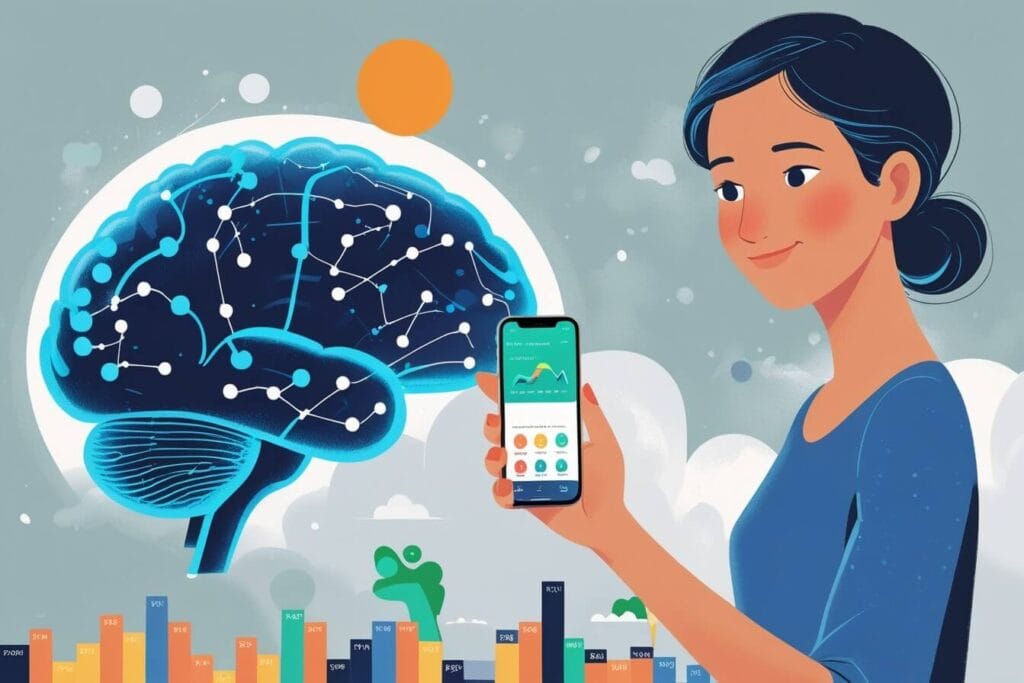
The journey through the world of AI to track and improve mental health has shown us that we’re living through a genuine revolution in mental healthcare accessibility and effectiveness. From sophisticated mood tracking algorithms to AI chatbots that provide 24/7 emotional support, these technologies are breaking down barriers that have long prevented people from accessing quality mental health care.
The best AI to track and improve mental health platforms offer more than just technological innovation – they provide hope and practical support to millions of people who might otherwise struggle in silence. Whether you’re dealing with anxiety, depression, stress, or simply want to optimize your emotional wellbeing, there’s an AI solution that can complement your mental health journey. The key is finding the right combination of tools that work for your specific needs and circumstances.
Remember that AI mental health tracking tools are most effective when combined with human support, whether from professional therapists, supportive friends and family, or peer support groups. Technology should enhance, not replace, human connections and professional mental healthcare when needed. The future of mental health lies not in choosing between artificial and human intelligence, but in creating synergistic relationships between both.
As you explore AI-powered mental health solutions, prioritize platforms that respect your privacy, provide transparent information about their methods, and offer the specific features that address your mental health goals. Start with one or two platforms rather than overwhelming yourself with multiple tools, and give each system time to learn your patterns and provide increasingly personalized insights.

